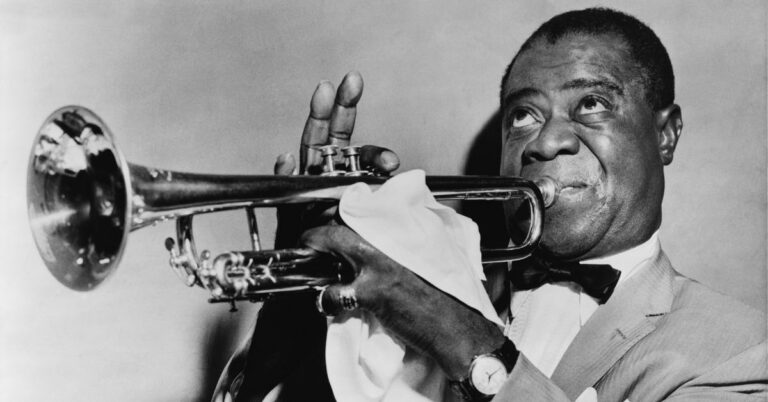The word “hysteria” is commonly used to describe a state of uncontrollable emotional outbursts or irrational behavior, particularly in women. However, the word has a complex and controversial history, with origins that can be traced back to ancient Greek medicine. In this article, we will explore the history of the word “hysteria,” from its earliest usage to its modern-day connotations.
The Origins of the Word “Hysteria”
The word “hysteria” originates from the ancient Greek word “hystera,” which means “uterus.” In ancient Greek medicine, it was believed that hysteria was caused by a wandering uterus, which was thought to move around the body and cause a variety of physical and emotional symptoms.
Over time, the concept of hysteria evolved, with various theories emerging to explain its causes and symptoms. In the late 19th and early 20th centuries, hysteria was often associated with women and was believed to be caused by sexual repression or other psychological disturbances.
The Evolution of the Concept of “Hysteria”
In the modern era, the concept of hysteria has taken on new meanings and connotations, reflecting changing attitudes towards mental health and gender roles. While the term “hysteria” is still used to describe a state of emotional or psychological distress, it is now recognized that these symptoms can be caused by a wide range of factors, including trauma, stress, and chemical imbalances in the brain.
Furthermore, the association of hysteria with women has been widely challenged, with many critics arguing that the term has been used historically to dismiss or pathologize women’s experiences and emotions. As a result, the term “hysteria” is increasingly seen as outdated and potentially offensive, and is being replaced by more neutral and descriptive terms such as “anxiety” or “trauma.”
The Significance of the Word “Hysteria”
The word “hysteria” has played a significant role in shaping cultural attitudes towards mental health and gender roles throughout history. In the past, the term was often used to dismiss or pathologize women’s experiences and emotions, contributing to a broader pattern of discrimination and inequality.
However, the ongoing evolution of the concept of hysteria reflects changing attitudes towards mental health and gender roles, as well as a growing recognition of the complexity and diversity of human experience. As such, the word “hysteria” remains an important reminder of the ongoing challenges and opportunities for progress in understanding and addressing mental health and gender-based discrimination.
Conclusion
The word “hysteria” may have ancient origins rooted in Greek medicine, but its significance has evolved over time to reflect changing attitudes towards mental health and gender roles. While the term is still used to describe a state of emotional or psychological distress, it is increasingly recognized as potentially offensive and outdated. As such, the ongoing evolution of the concept of hysteria serves as a powerful reminder of the ongoing challenges and opportunities for progress in understanding and addressing mental health and gender-based discrimination.














